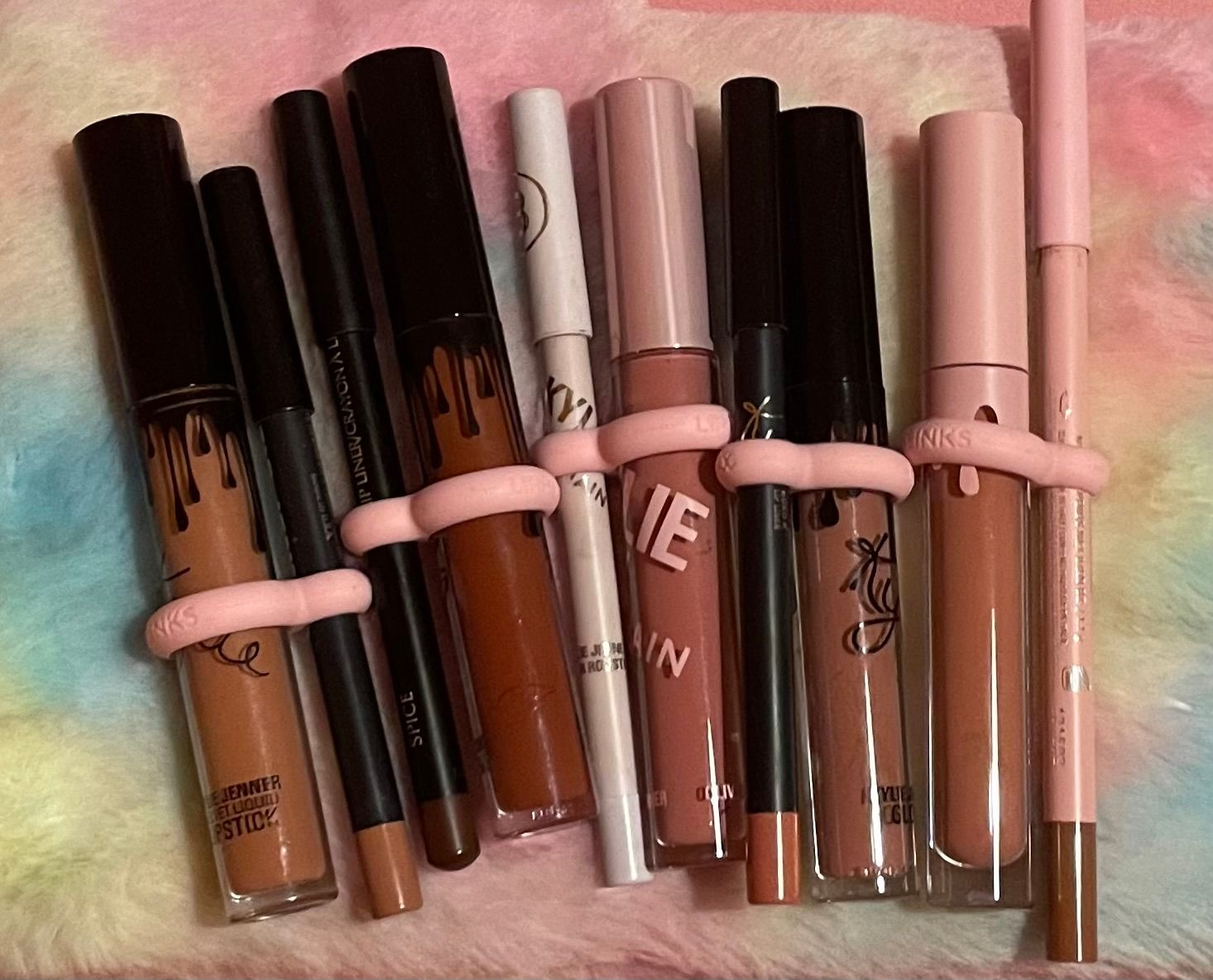The Growing Demand for Eco-Conscious Products
Over the past decade, the beauty industry has undergone a significant transformation. Consumers are now more mindful of the environmental impact of their purchases and are actively seeking brands that align with their values. Lippy Links eco-friendly packaging.This shift in behavior has pushed companies to reconsider their approach to production, sourcing, and especially packaging. As sustainability continues to influence purchasing decisions, many beauty brands are stepping up to introduce more eco-friendly alternatives. One of the emerging leaders in this space is a company known for prioritizing both aesthetics and sustainability,

Reducing Waste Through Smart Design
Traditional beauty packaging has long been associated with excessive plastic use, much of which ends up in landfills or oceans. In response to the environmental crisis, many innovative companies have begun developing new forms of packaging that are biodegradable, recyclable, or reusable. This not only helps reduce environmental harm but also caters to the modern consumer’s desire for cleaner, greener solutions. Brands that utilize sustainable materials and minimalistic designs not only lower their carbon footprint but also build stronger trust with their customers.
Materials That Matter
The push for environmentally friendly packaging has led to the rise of alternative materials such as bamboo, glass, aluminum, and compostable bioplastics. Each of these materials offers a unique benefit,glass is endlessly recyclable, bamboo grows quickly and requires little water, and bioplastics degrade naturally without releasing harmful toxins. By replacing plastic with these options, beauty brands are making their products not only visually appealing but also environmentally responsible.
Consumer Behavior is Changing
Today’s consumer is more informed than ever. With a wealth of information at their fingertips, buyers are researching the environmental policies of their favorite brands before making purchases. Social media and influencer marketing have also amplified the importance of sustainability, as creators often highlight eco-conscious products in their content. Brands that fail to adapt to this changing landscape risk losing relevance among younger, more environmentally aware audiences.
Sustainable Packaging and Brand Identity
Eco-friendly packaging isn’t just about reducing waste; it’s also a powerful branding tool. When a beauty product is wrapped in clean, recyclable material, it sends a clear message to the consumer: this brand cares. It demonstrates thoughtfulness and intention, qualities that today’s shoppers appreciate. Companies like Lippy Links eco-friendly packaging are excelling in this area by offering sustainable solutions without compromising on design or usability.
The Cost of Going Green
One common misconception is that sustainable packaging is too expensive. While it’s true that certain eco-friendly materials may come at a higher upfront cost, the long-term benefits often outweigh the investment. Brands that switch to greener options often see increased customer loyalty, better brand reputation, and even reduced shipping costs due to lighter packaging. Moreover, as demand for sustainable materials grows, production costs are gradually decreasing, making it more accessible for businesses of all sizes.
Legislation and Corporate Responsibility
Governments worldwide are introducing stricter regulations to combat plastic waste and encourage greener practices. From plastic bag bans to extended producer responsibility laws, these legal frameworks are pushing companies to reevaluate their environmental strategies. For many beauty brands, this means embracing innovation and integrating sustainability into every aspect of their product lifecycle,from sourcing to end-of-life disposal.
Innovation Driving Sustainability
The beauty industry is constantly evolving, and innovation plays a key role in driving sustainability forward. Companies are investing in research and development to create smarter, more efficient packaging solutions. Whether it’s refillable containers, dissolvable pouches, or packaging made from ocean-bound plastic, these breakthroughs are reshaping the industry. Collaborations with eco-design firms and materials scientists are also becoming more common, as brands seek to balance function with environmental responsibility.
Transparency as a Business Strategy
Sustainability isn’t just about making changes behind the scenes; it’s also about communicating those efforts openly. Transparent labeling, third-party certifications, and clear recycling instructions help customers feel confident in their purchases. Brands that are honest about their supply chain, material sources, and environmental impact tend to stand out in a crowded marketplace. Transparency builds trust,and trust builds lasting customer relationships.
How Smaller Brands are Leading the Way
Interestingly, it’s not just the major corporations that are adopting sustainable practices. Independent and small-scale beauty brands are often at the forefront of environmental innovation. Without the red tape and bureaucracy that large companies face, these smaller players can pivot quickly, test new ideas, and implement changes more efficiently. Their agility allows them to respond directly to consumer concerns and make bold moves in the name of sustainability.
A Cultural Shift in Beauty Standards
Sustainable packaging is also changing the way beauty is perceived. In the past, luxury was often equated with elaborate, glossy packaging. Now, minimalism and environmental responsibility are becoming the new symbols of high-end appeal. This cultural shift reflects a broader change in how consumers define value,not just by appearance, but by purpose and ethics.
Why the Future is Circular
A major trend gaining traction in the beauty sector is the idea of a circular economy, where products and materials are reused or regenerated rather than discarded. Refillable packaging, return programs, and waste collection initiatives are examples of how brands are embracing circularity. By closing the loop, companies not only reduce waste but also create systems that encourage customer participation and loyalty. One such brand making waves with this approach is Lippy Links eco-friendly packaging, known for promoting sustainability through every layer of its packaging process.